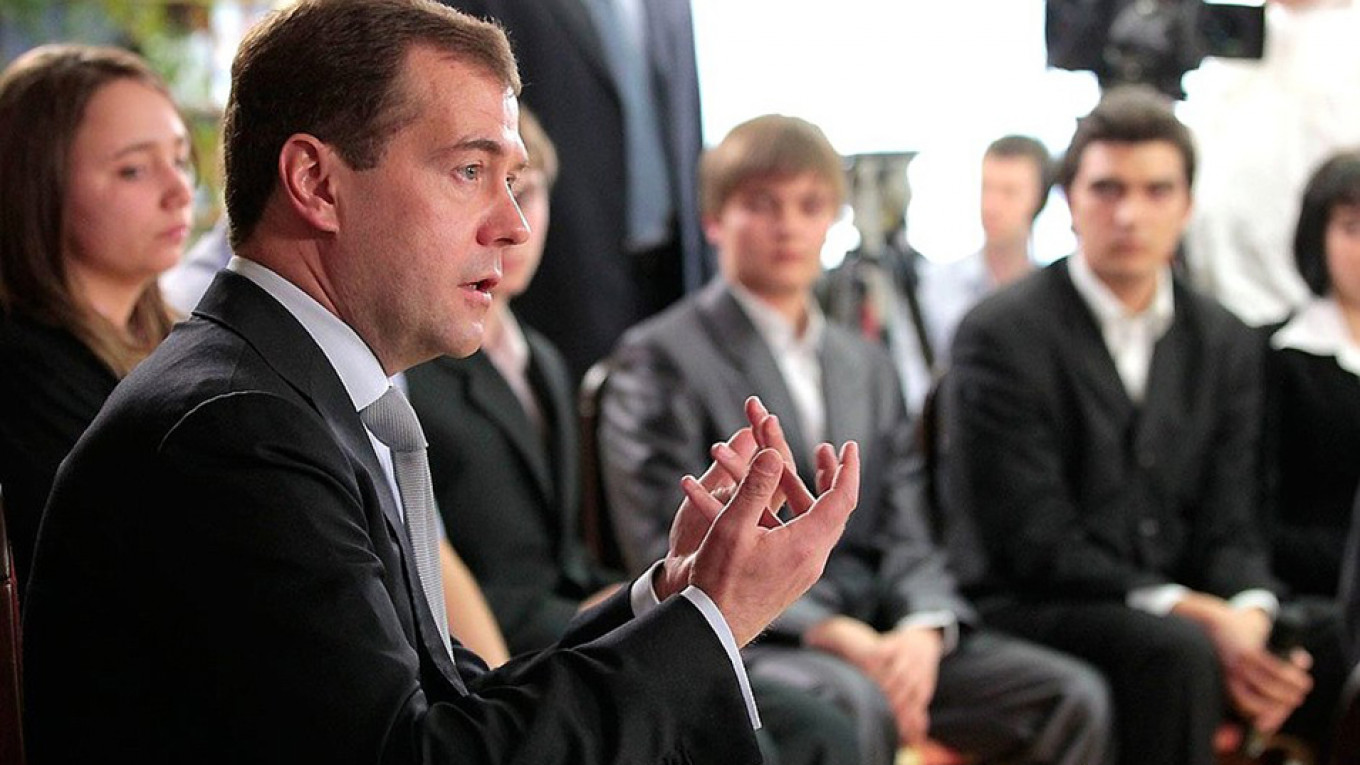Russian Prime Minister Dmitry Medvedev has suggested that a four-day work week will likely be adopted in the future to help workers overcome burnout syndrome and chronic fatigue.
Last month, the World Health Organization classified burnout syndrome as an occupational phenomenon resulting from workplace stress that leads to exhaustion and mental distance. According to a report published in 2018, the productivity of the Russian workforce is among the lowest of the world’s major economies, despite long hours spent at work.
“It is very likely that the future will see a four-day working week as the basis of the social and labor contract," Medvedev said Tuesday at the International Labor Conference in Geneva.
He said that workers’ constant pursuit of success leads to chronic stress and fatigue, which in turn causes decreased labor productivity.
He cited the recent example of a New Zealand company which introduced a four-day work week with a three-day weekend. As a result, he said, workers’ productivity per hour increased by approximately 20 percent and employees’ stress levels decreased significantly.
A Message from The Moscow Times:
Dear readers,
We are facing unprecedented challenges. Russia's Prosecutor General's Office has designated The Moscow Times as an "undesirable" organization, criminalizing our work and putting our staff at risk of prosecution. This follows our earlier unjust labeling as a "foreign agent."
These actions are direct attempts to silence independent journalism in Russia. The authorities claim our work "discredits the decisions of the Russian leadership." We see things differently: we strive to provide accurate, unbiased reporting on Russia.
We, the journalists of The Moscow Times, refuse to be silenced. But to continue our work, we need your help.
Your support, no matter how small, makes a world of difference. If you can, please support us monthly starting from just $2. It's quick to set up, and every contribution makes a significant impact.
By supporting The Moscow Times, you're defending open, independent journalism in the face of repression. Thank you for standing with us.
Remind me later.






